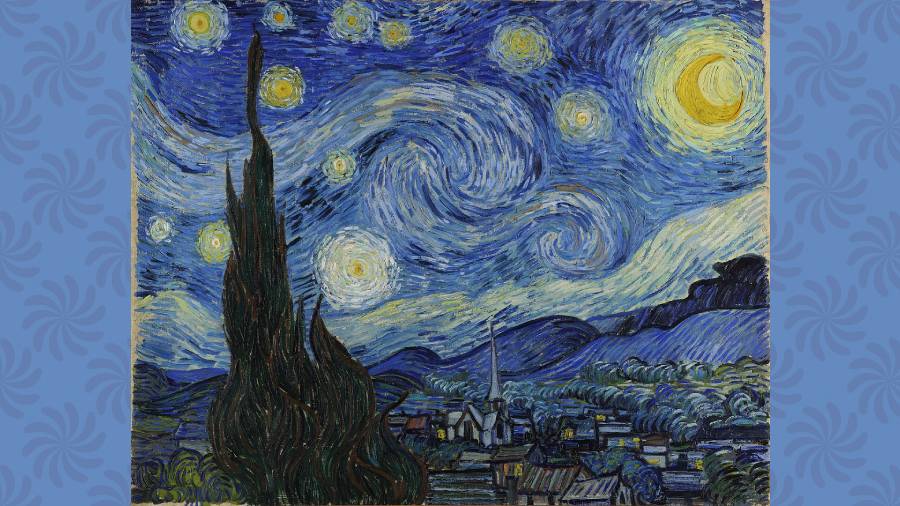For decades, Linda Larson has been trying to distance herself from the diagnosis she was given as a teen: schizophrenia. She accepts she has the mental disorder but deeply resents the term’s stigma. People hear it and think “violent, amoral, unhygienic”, she said.
Larson, 74, is part of a group trying to remove that association — by changing the name of the illness. The idea is that replacing the term “schizophrenia” with something less frightening, more descriptive will not only change how the public perceives those with it but also how these people see themselves.
Larson is a member of the Consumer Advisory Board of the Massachusetts Mental Health Center, which is associated with Beth Israel Deaconess Medical Center in Boston, US. The group has been working with psychiatrists at Harvard to build momentum for a name change, most recently through a national survey published in the journal Schizophrenia Research.
“That term over time has become so associated with hopelessness, dangerousness, volatile and erratic behaviour, that doctors are afraid to use that term with people and their family members,” said Dr Raquelle Mesholam-Gately, a Harvard psychologist and the lead author of the new paper. “And people who have the condition don’t want to be associated with that name.”
As a result, she said, clinicians often avoid making such a devastating diagnosis, and many patients and their families don’t seek treatment until after the illness has wreaked considerable damage.
Mesholam-Gately asked about 1,200 people connected to schizophrenia — including those with the disorder, family members, mental health providers, researchers and government officials — on whether it should be called something else.
The survey proposed nine alternative names, based partly on the experience of people diagnosed with schizophrenia. Among them: altered perception disorder, attunement disorder, disconnectivity syndrome, integration disorder and psychosis spectrum disorder.
Although none of the options had overwhelming approval, 74 per cent of respondents favoured a new name in principle. But the path to an official change remains steep, as the field of schizophrenia researchers and advocates remains divided on whether a change would actually reduce stigma and improve the lives of people with the disorder.
“We have to take this on in a systematic way,” said Dr Matcheri Keshavan, academic head of psychiatry at Beth Israel Deaconess and a co-author of the study. “Any change has to be gradual...”
In the US, the decision is up to the American Psychiatric Association, which would make the change in its official manual, the Diagnostic and Statistical Manual of Mental Disorders, after reaching consensus among its scientific advisers.
The term “schizophrenia”, which derives from Greek words for “split mind”, was coined in 1908 by Dr Eugen Bleuler. He argued that the disorder, previously considered a type of dementia, was characterised by a “splitting of psychological functions” where “the personality loses its unity”.
But the term has often been misunderstood and wrongly applied over the last century, many psychologists and researchers say. It is often confused with dissociative identity disorder, previously known as multiple personality disorder. “Schizophrenic” has also been usurped by colloquial language, often as an insult.
Part of the problem is that schizophrenia has long been misunderstood as an untreatable disease, Larson said. That is what she and her family had assumed in the 1960s when, at 15, she started having delusions and psychotic episodes.
She went through 20 years of sporadic hospitalisations and several suicide attempts until the 1990s, when she was prescribed the antipsychotic drug clozapine.
Although clozapine can have serious side effects, Larson found it transformative; she said she has not had a psychotic break since. She has published four books of poetry and was married for 32 years until her husband’s death in 2020.
The term schizophrenia hasn’t evolved with the treatment,” Larson said. But Mesholam-Gately said not all survey respondents supported a change. Some worried that an unfamiliar name would make it harder for patients to apply for disability or insurance coverage. Others said that if the new name was too broad, doctors might diagnose patients excessively. Some considered the term just too ingrained in the culture.
Dr William Carpenter, a psychiatrist at the University of Maryland School of Medicine and the editor of Schizophrenia Bulletin, said he has seen these semantic debates play out for decades.
“A rose by any other name would smell the same,” said Carpenter, who was not involved in the survey. “If you make the change, how long until the stigma catches up?”
Even some mental health professionals who work to counter its stigma are skeptical of the renaming effort. “We absolutely agree that language is extremely important,” said Lisa Dailey, director of the Treatment Advocacy Center, which supports people with severe mental illness, but she added that pushing for a name change is not an effective use of limited resources.
The best way to destigmatise schizophrenia, Dailey said, “is to develop better medications that work for more people.”
NYTNS











